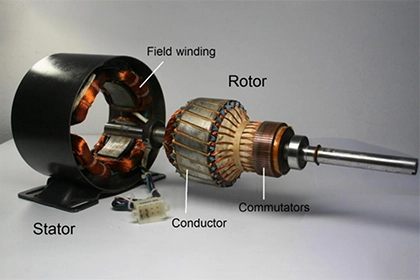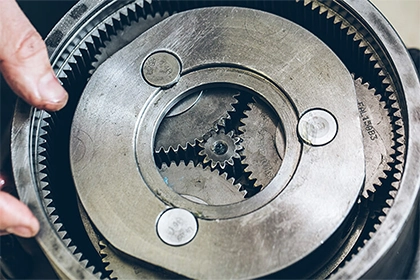
Factors Affecting Motor Performance: A Comprehensive Analysis
In this article, we will explore the key factors that influence motor performance, including voltage, current, temperature, load, and power factor.
Introduction:
Motor performance is a critical aspect of any electrical system. Understanding the various factors that can impact motor performance is essential for ensuring optimal efficiency and reliability. In this article, we will explore the key factors that influence motor performance, including voltage, current, temperature, load, and power factor. By gaining a comprehensive understanding of these factors, engineers and technicians can effectively design, maintain, and troubleshoot motor systems.
-
Voltage:
Voltage is a fundamental factor that affects motor performance. Motors are designed to operate within a specific voltage range, and deviations from this range can have significant consequences. Low voltage can result in reduced motor torque and increased current draw, potentially leading to overheating and decreased efficiency. Conversely, high voltage can cause excessive stress on the motor windings, resulting in insulation breakdown and premature motor failure. Therefore, maintaining the recommended voltage level is crucial for optimal motor performance. -
Current:
The current flowing through a motor is another critical factor to consider. Excessive current can lead to overheating, increased energy consumption, and reduced motor life. On the other hand, insufficient current can result in reduced torque and poor motor performance. It is essential to ensure that the motor is adequately sized to handle the expected load and that the electrical system provides the necessary current capacity. -
Temperature:
Motor temperature plays a significant role in determining performance and reliability. Higher temperatures can lead to increased resistance in the motor windings, decreased insulation life, and accelerated wear on bearings and other components. Regular monitoring and maintenance of motor temperature are vital to prevent overheating and ensure optimal performance. Cooling methods, such as fans or liquid cooling systems, may be necessary in applications with high ambient temperatures or heavy operating loads. -
Load:
The load placed on a motor is a crucial factor in determining its performance characteristics. Motors are typically designed to operate within a specific load range, and variations from this range can affect motor efficiency and longevity. Overloading a motor can lead to increased energy consumption, reduced torque, and potential motor failure. Conversely, underloading a motor can result in reduced efficiency and poor power factor. It is important to match the motor's capabilities with the expected load to ensure optimal performance. -
Power Factor:
The power factor of a motor is a measure of its electrical efficiency. It indicates how effectively the motor converts electrical power into mechanical power. A low power factor can result in increased energy consumption, reduced motor efficiency, and additional strain on the electrical system. Capacitors or power factor correction devices can be used to improve power factor and optimize motor performance.
Conclusion:
Motor performance is influenced by various factors, including voltage, current, temperature, load, and power factor. Understanding and managing these factors is crucial for achieving optimal motor efficiency, reliability, and longevity. By ensuring that motors operate within the recommended voltage and current ranges, maintaining appropriate temperatures, matching loads to motor capabilities, and addressing power factor issues, engineers and technicians can maximize motor performance and minimize the risk of downtime and costly repairs. Regular monitoring and maintenance of motors are essential to identify and address any performance issues promptly. By prioritizing motor performance, electrical systems can operate efficiently and reliably, contributing to overall productivity and energy savings.



Leave a Comment